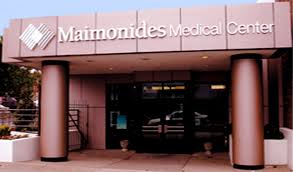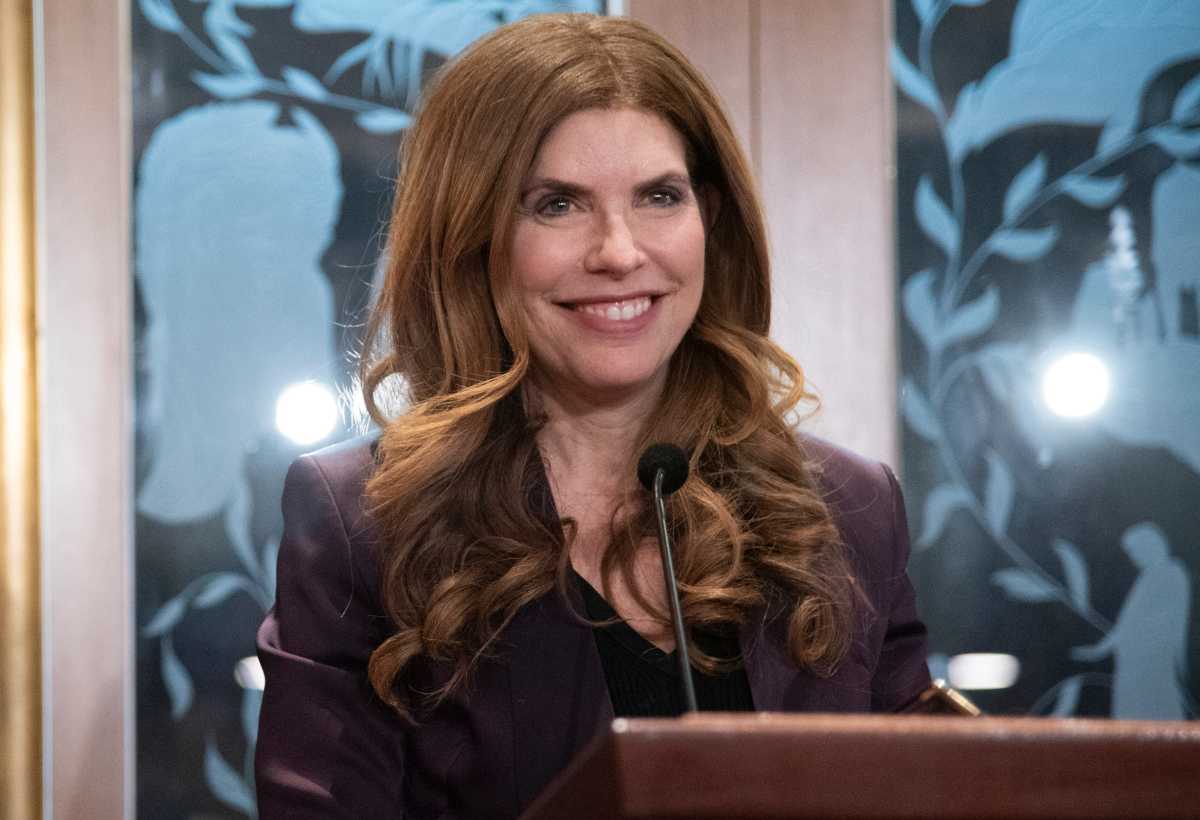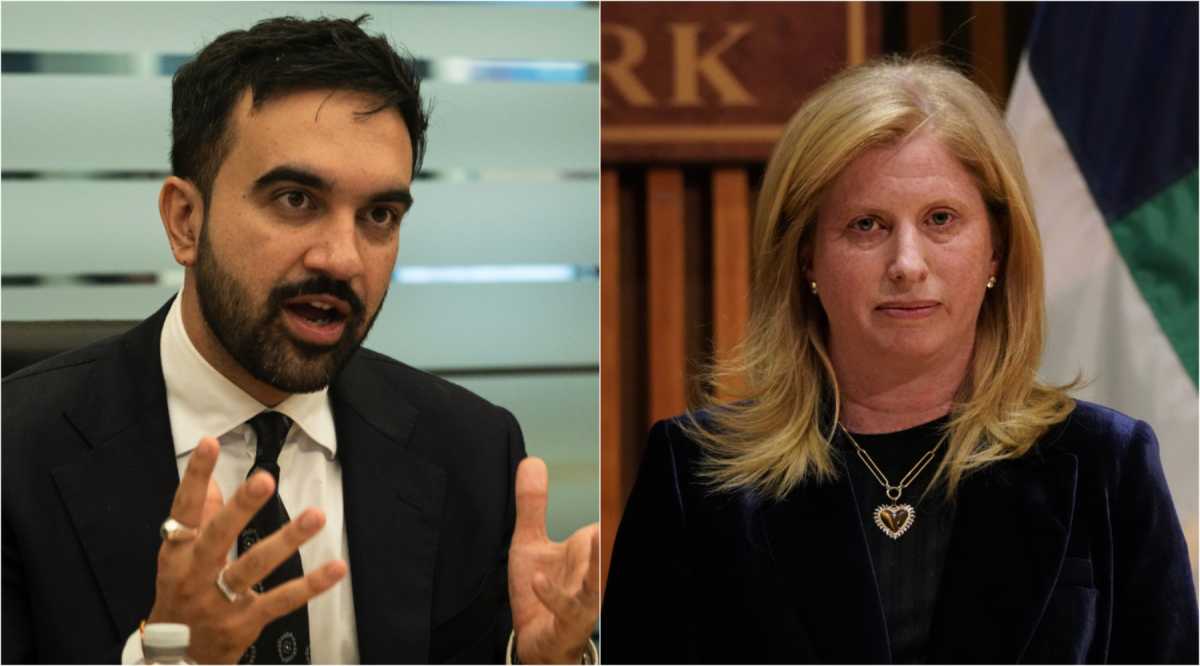 State Sen. Simcha Felder said yesterday that the possible merger of Maimonides Hospital and the North Shore Long Island Jewish Health System is different from some of the borough’s other hospitals that have changed management in that both institutions are on solid financial footing.
State Sen. Simcha Felder said yesterday that the possible merger of Maimonides Hospital and the North Shore Long Island Jewish Health System is different from some of the borough’s other hospitals that have changed management in that both institutions are on solid financial footing.
The Boro Park senator did express a few concerns though as mergers do often mean cuts in services drawing on efficiencies of economy.
“It (Maimonides) is a neighborhood hospital that has been serving the community for many years and everyone understands the need for financial stability and the possible benefits the acquisition would bring, but what’s more important is that improvements in nursing care and the emergency room and issues like employing people from the community it serves are addressed,” said Felder.
Felder noted that Maimonides, which had over $1 billion in revenue in its 2012 non-profit tax filings, is a far cry from other struggling hospitals such as Downstate Medical Center and most recently Long Island College Hospital and Interfaith Medical Center.
The competition among larger hospitals emerging is fierce and hopefully this will benefit the community,” he said. “If you’re smart you’re looking at what is and what’s going to be and with ObamaCare many service providers are looking for innovative ways to stay financially stable and still provide the services necessary.”
Felder said officials from both Maimonides and North Shore called to tell him about the possible merger, and he assumed they called all the elected officials that represent the area.
Assemblymember Dov Hikind, who also represents the area in which Maimonides is located, had no comment. It has been widely reported that the now disbanded state Moreland Commission was looking at a possible kickback scheme between Maimonides and Hikind, and speculation exists that U.S. Attorney Preet Bharara may be investigating the allegations.
Also not returning calls or refusing comment on the merger were City Councilmembers David Greenfield, Carlos Menchaca and Brad Lander – all of whom represent the catchment area of Maimonides patients.







